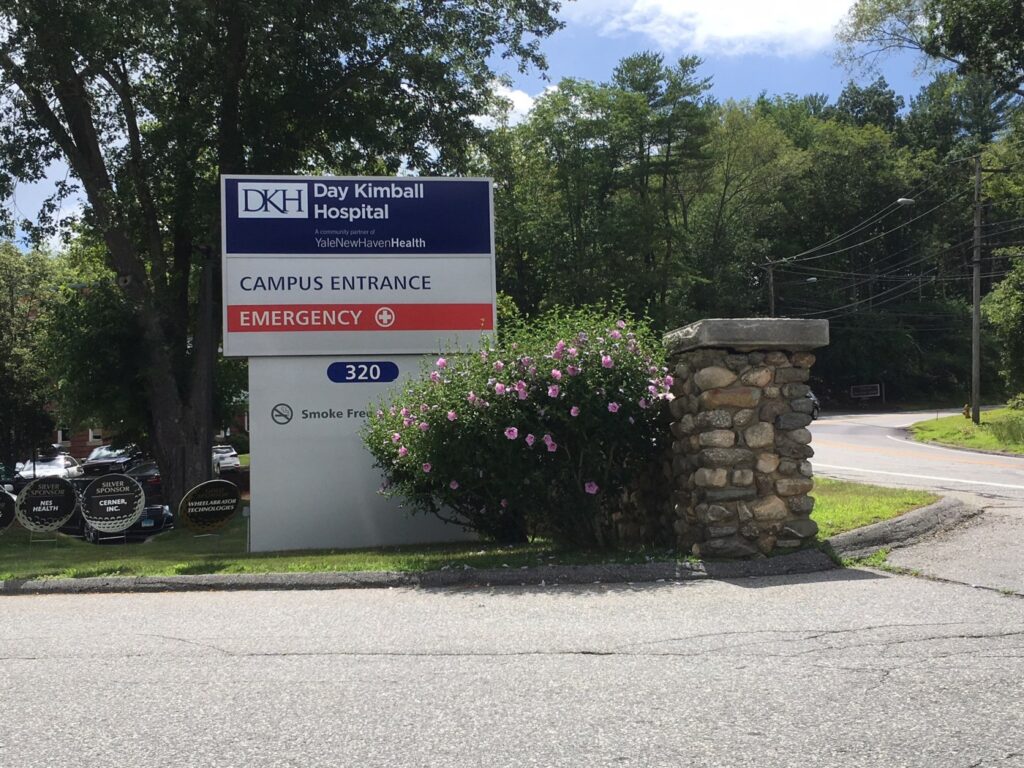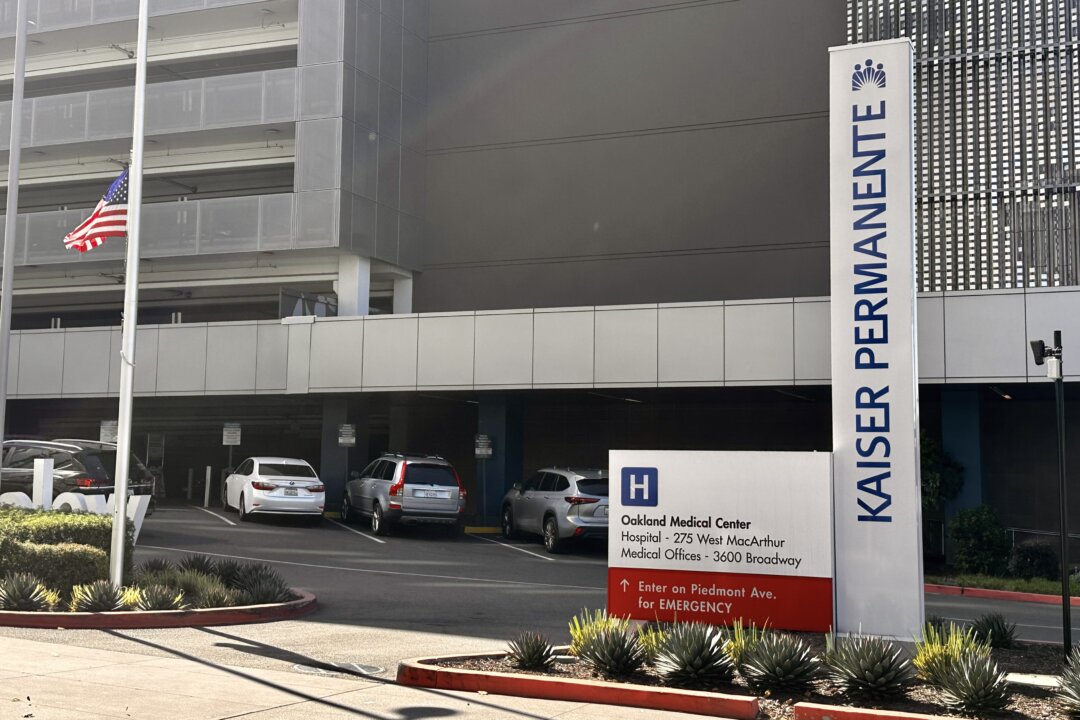
UPDATE: Connecticut’s health care leaders are sounding urgent alarms over significant changes from President Donald J. Trump’s One Big Beautiful Bill Act, which could drastically alter access to care for millions. Just two months post-passage, hospital executives warn that the law harbors crucial uncertainties that threaten both providers and patients.
“My best guess is it’s not going to be good for hospital providers and health care in general,” stated Vincent Capece, president and CEO of Middlesex Hospital in Middletown, CT. He emphasized that the financial fallout could be severe, with estimates suggesting that 100,000 to 170,000 residents may lose Medicaid coverage, known locally as HUSKY, within the next decade.
Hospital executives fear that new limitations on federal Medicaid funding will have dire consequences. Changes in the “hospital provider tax” could further compound financial challenges, potentially constraining hospitals’ operational budgets critically. “There’s going to be less money available,” Capece warned. “Exactly how much is really hard to calculate.”
As hospital leaders across the state grapple with these looming changes, they report that it’s still too early to consider service cuts. Ben Wade, chief strategy officer at Stamford Health, remains hopeful about managing costs without sacrificing service availability. “We have not identified any programs at this time for closure,” he confirmed.
However, concerns are mounting, particularly among small community and rural hospitals. Kurt Barwis, CEO of Bristol Hospital, noted the necessity of re-evaluating programs to maintain efficiency while controlling costs. “It’s not necessarily cutting programs,” he said, but rather finding ways to deliver care at a lower expense.
The ripple effects of these federal changes extend beyond Medicaid recipients. Daniel Keenan, vice president of government relations at Trinity Health of New England, highlighted that reduced services and longer wait times could impact everyone, including those with private insurance. “When people don’t have coverage, they turn to emergency departments for basic care, resulting in crowding,” he explained.
Health care leaders predict that reductions in government Medicaid payments will force hospitals to negotiate higher rates with commercial insurers, likely leading to increased premiums for those with private coverage. “We will need to think about upcoming commercial insurance negotiations to cover our expenses,” Wade added.
One significant area of uncertainty is the impending changes to the hospital provider tax, which allows states to collect taxes from hospitals to increase federal Medicaid funding. The law reduces the “safe harbor limit” from 6% to 3.5% by 2031, leading to potential shortfalls before the tax adjustments even come into play.
As Connecticut prepares to reapply for a federal waiver regarding hospital taxes, the future remains uncertain. “Will the Centers for Medicare and Medicaid Services grant a new waiver?” Barwis asked, reflecting the anxiety felt across the state’s health care system. “It’s a looming day of reckoning.”
Some hospital leaders remain cautiously optimistic that the most damaging provisions of the law could be reversed or delayed, especially with the upcoming midterm elections. Wade stated, “We’re still doing a lot of advocacy at the federal level because this is still a moving target.”
Despite challenges, Paul Kidwell, senior vice president at the Connecticut Hospital Association, expressed hope for collaborative efforts to maintain coverage for as many residents as possible. “We all have this goal of making sure as many people stay insured as possible,” he noted.
As the situation develops, health care leaders urge vigilance and proactive measures to mitigate the impact on their communities. The stakes are high, and the implications for Connecticut’s health care system could be profound.







